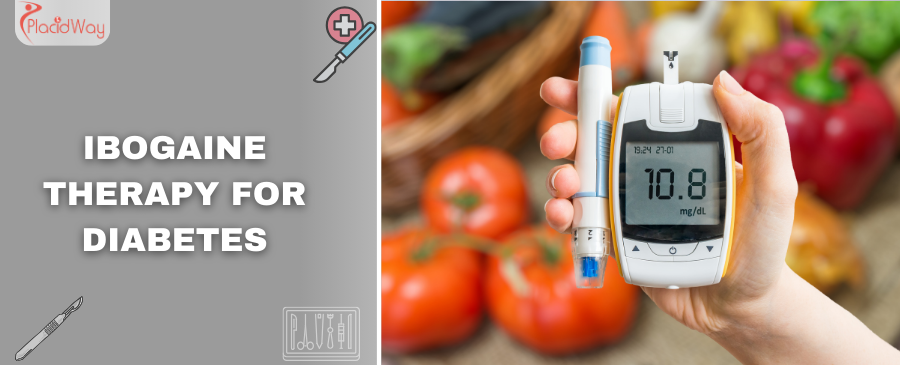
Ibogaine therapy is an innovative treatment approach originally explored for addiction, but recent research is expanding its potential applications. One emerging area of interest is its use in managing diabetes. Ibogaine, a psychoactive compound derived from the African iboga plant, is known for its profound effects on consciousness and metabolism. While primarily recognized for its role in addiction treatment, early studies and anecdotal evidence suggest that ibogaine may also offer benefits for individuals with diabetes by potentially influencing blood sugar regulation and metabolic processes.
Ibogaine therapy involves administering ibogaine in a controlled setting to achieve therapeutic outcomes. Ibogaine is a powerful psychoactive substance that induces intense, often transformative experiences. In the context of diabetes, ibogaine therapy is being investigated for its potential to influence metabolic pathways and improve insulin sensitivity. The therapy typically requires medical supervision due to the intense nature of the experience and the need to monitor physiological responses.
|
Metabolic Regulation: Ibogaine may influence metabolic pathways, potentially improving glucose metabolism and insulin sensitivity. Weight Management: The therapy could help address issues related to obesity and weight gain, which are significant factors in diabetes management. Appetite Control: Ibogaine's effects on the brain's reward system might aid in regulating appetite and reducing cravings for unhealthy foods. Improved Insulin Sensitivity: Early studies suggest that ibogaine might have a positive effect on insulin sensitivity, which is crucial for managing diabetes. |
|
Enhanced Glycemic Control: Possible improvement in blood sugar regulation and overall glycemic control. Weight Management: Support in managing weight, which is important for diabetes management and overall health. Reduced Cravings: Potential reduction in cravings for high-sugar or high-fat foods, aiding in better dietary choices. Metabolic Improvements: Positive effects on metabolic processes that may contribute to better management of diabetes symptoms. Holistic Approach: Combining ibogaine therapy with traditional diabetes treatments might offer a more comprehensive approach to managing the condition. |
|
Individuals with Type 2 Diabetes: Those struggling to manage blood sugar levels and associated complications might explore ibogaine therapy as an adjunct treatment. Patients with Obesity: Individuals with obesity-related diabetes may find potential benefits in weight management and appetite control. People Seeking Alternative Treatments: Those looking for novel approaches to complement traditional diabetes treatments might consider ibogaine therapy. Patients with Uncontrolled Diabetes: Individuals with poorly controlled diabetes despite conventional treatments may explore additional therapeutic options. |
|
Best Addiction Treatment Centers and Doctors Worldwide |
|
|
Top Addiction Treatment Packages Worldwide |
|
|
Country |
Average Cost (USD) |
|
Mexico |
$7,200 |
|
Costa Rica |
$7,750 |
|
Medical Evaluation: Obtain a thorough medical evaluation to determine if ibogaine therapy is appropriate for your condition and current treatment regimen. Potential Interactions: Discuss potential interactions between ibogaine and diabetes medications with your healthcare provider. Treatment Preparation: Prepare for the therapy by understanding the process, possible side effects, and the therapeutic experience. Legal and Safety Considerations: Check the legal status of ibogaine in your location and ensure the clinic follows safety and ethical guidelines. Integration Support: Ensure the clinic offers support for integrating the insights and changes from the therapy into your daily diabetes management plan. |
If you are considering ibogaine therapy for diabetes, PlacidWay Medical Tourism can help you connect with top-rated clinics and experienced professionals specializing in this innovative approach. Let PlacidWay guide you on your journey to improved metabolic health and well-being, providing the support and resources necessary for a successful therapeutic experience.